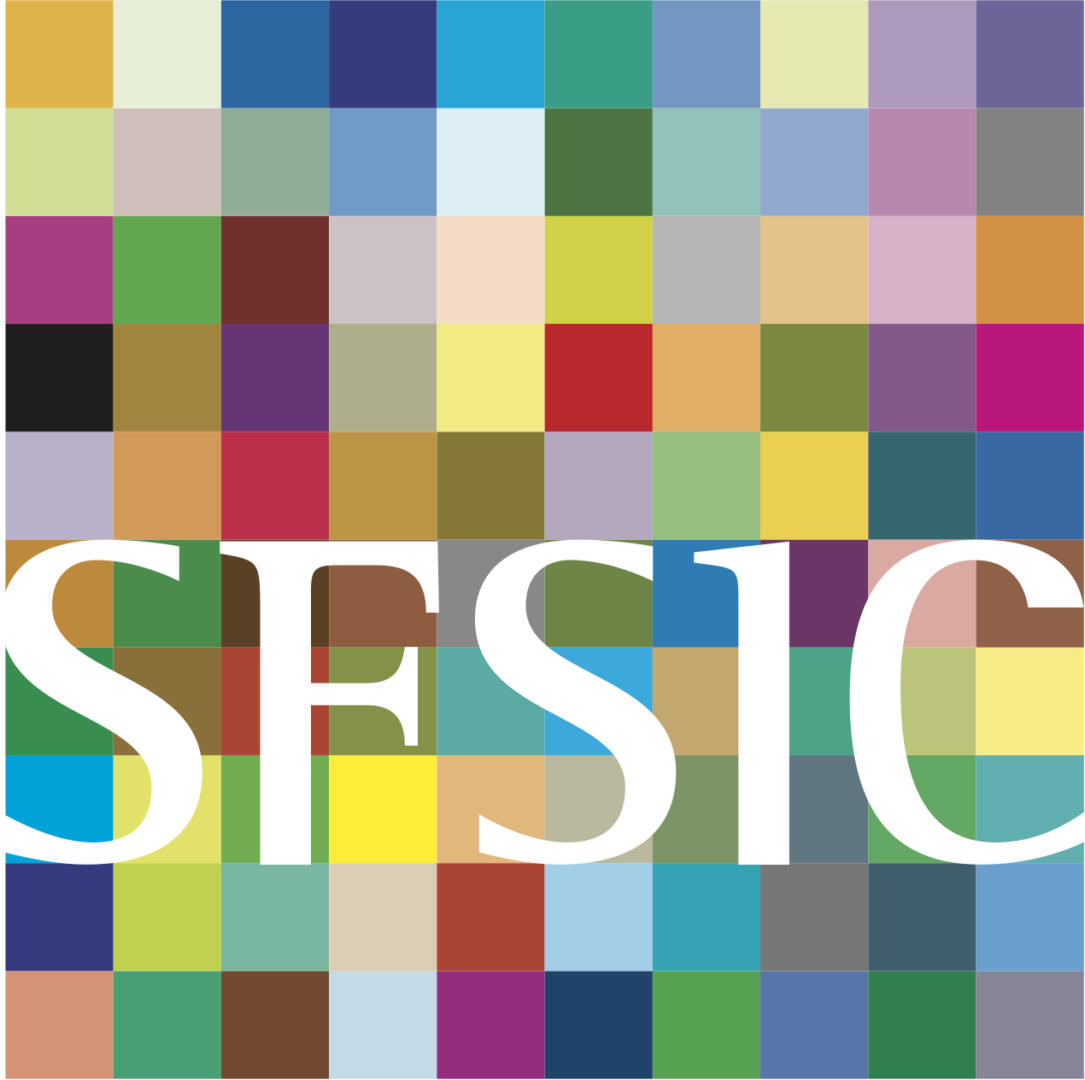Proceedings of the XXIInd Congress of the SFSIC, "Societies and Spaces in Motion".
Actes du XXIIème Congrès de la SFSIC, « Sociétés et espaces en mouvement »
Résumé
This volume of the proceedings of the 22nd SFSIC Congress brings together more than 90 papers, offering a broad and stimulating overview of contemporary contributions from the information and communication sciences on the theme of 'Societies and Spaces in Motion'. This theme highlights the challenges of spatiality and its consequences for our objects, methods and theoretical frameworks. The aim is to re-examine these issues in order to identify their continuities and transformations over the long term.
The info-communicational dimensions of the issues at stake are political, economic, social, educational, health-related and creative, as they unfold in a variety of spaces. These are spaces whose contours have been approached and studied in terms of their materiality, their potential or absence of containment, detention, regulation, naming or identification, as they grapple with the controlled or uncontrolled movement of individuals over land (leaving some, such as the countryside and mountains, and overpopulating others, such as cities), over the seas (losing their way permanently for some migrants, for example) and over digital space caught up in its own vagaries.
Beyond or below the apparent erasing of the role of structures, legacies and norms, 'modernity', under the influence of increasingly complex, pervasive, all-encompassing and hybrid technological contexts, is not without a minimum of social and/or spatial constraints. This conference provided an opportunity to examine the way in which exchanges and communications of all kinds produce more unstable forms of collectivity, and the way in which the social consistency of a spatial (and also temporal) depth is affected by the increased mobility of human beings, ideas, modes of organisation, technologies, information and communications.
Le présent volume des actes du XXIIème Congrès de la SFSIC rassemblent plus de 90 textes, proposant un large et stimulant tour d’horizon des apports contemporains des sciences de l’information et de la communication autour du thème de « Sociétés et espaces en mouvement ». Ce thème met en avant les enjeux de la spatialité et ses conséquences pour nos objets, nos méthodes et nos cadres théoriques. L’objectif est de questionner à nouveau ces enjeux afin d’identifier sur le long terme leurs continuités et leurs transformations.
Ont ainsi été abordés, dans leurs dimensions info-communicationnelles, des enjeux qui relèvent du politique, de l’économique, du social, de l’éducation, de la santé, ou encore de la création, tels qu’ils se déploient dans des espaces pluriels. Ce sont les espaces dont la nature des contours a été approchée et étudiée relativement à leur matérialité, leur potentiel ou leur absence de contention, détention, réglementation, appellation, identification, aux prises avec les mouvements contrôlés ou incontrôlés des flux d’individus dans les terres (délaissant certaines comme les campagnes et montagnes et surpeuplant d’autres comme les villes), les mers (s’y perdant définitivement pour certains migrants par exemple) et l’espace numérique pris dans ses propres aléas.
Au-delà ou en-deçà de l’effacement apparent du rôle des structures et des héritages, des normes, la « modernité », sous l’influence de contextes technologiques toujours plus complexes, prégnants, englobants et hybrides, ne va pas sans un minimum de contraintes sociales et/ou spatiales. Ce congrès a été l’occasion d’interroger la manière dont les échanges et communications de toute nature produisent des formes plus instables de collectifs, et la manière dont la consistance sociale d’une épaisseur spatiale (et temporelle aussi) est percutée par la mobilité accrue des êtres humains, des idées, des modes d’organisation, des technologies, des informations, des communications.
| Origine | Accord explicite pour ce dépôt |
|---|---|
| licence |



